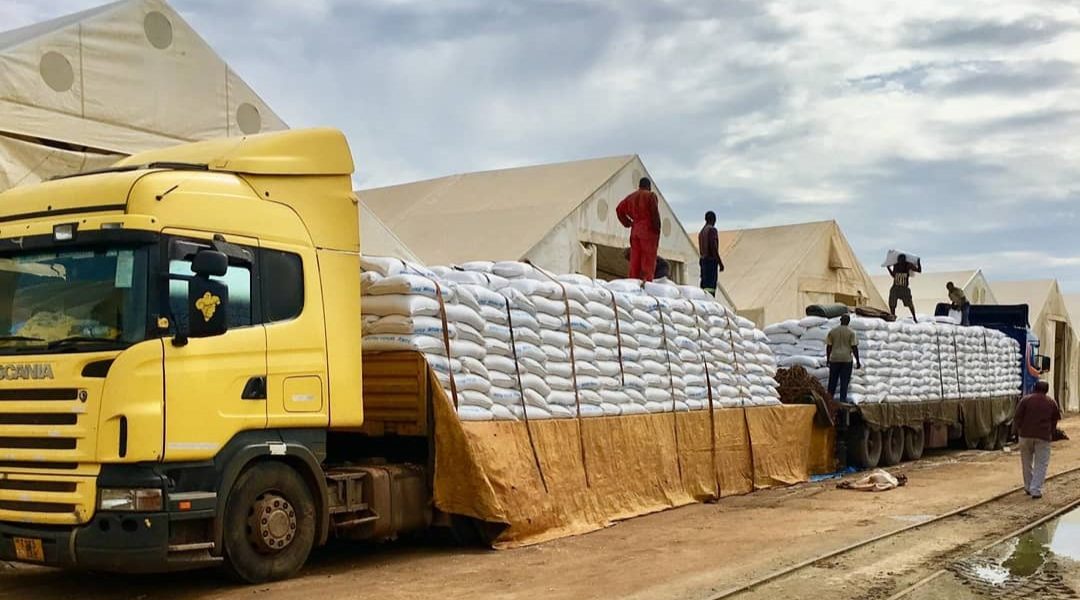To address the urgent need to create more climate-resilient supply chains, USAID-ERRA participated in a World Food Programme (WFP) Logistics Workshop on November 1, 2023, in Nairobi and contributed to discussions aimed at reducing post-harvest food losses, which account for 15-25% of all food production and significantly contributes to CO2 emissions, as well as optimizing more efficient supply chains.
With Africa experiencing severe climate impacts like droughts and floods, enhancing the region’s resilience of first-mile supply chains in agriculture is crucial. At the workshop, USAID-ERRA’s Chief of Party (COP), Mark Priestley, and other experts discussed strategies to address these challenges and proposed effective solutions. Priestley highlighted USAID-ERRA’s commitment and approach to fostering more structured ‘green’ trade, particularly in food commodities, to increase trade efficiency and simultaneously reduce the carbon footprint. USAID-ERRA’s approaches include sourcing food locally and regionally from surplus to deficit countries, thereby relying less on imports, improving cross-border trade efficiency, embracing digital solutions for market linkages, enhancing trade structuring for more efficient agro logistics in the first mile (e.g., aggregation, supply of inputs, and extension services) and compliance with food safety standards.
USAID-ERRA’s partnership with WFP is centered on three areas: i) supporting local and regional sourcing, including optimization of supply chains; ii) supporting trade facilitation measures, such as linking WFP trucks to the Authorized Economic Operator Scheme (AEO), a ‘green channel’ that expedites customs clearance for humanitarian aid; and iii) supporting the effective application of SPS/Standards measures in the region. For instance, under USAID-ERRA, the Somaliland Quality Assurance laboratories will be equipped to conduct mycotoxin testing, eliminating the need to send samples from Berbera to Nairobi, saving time.

